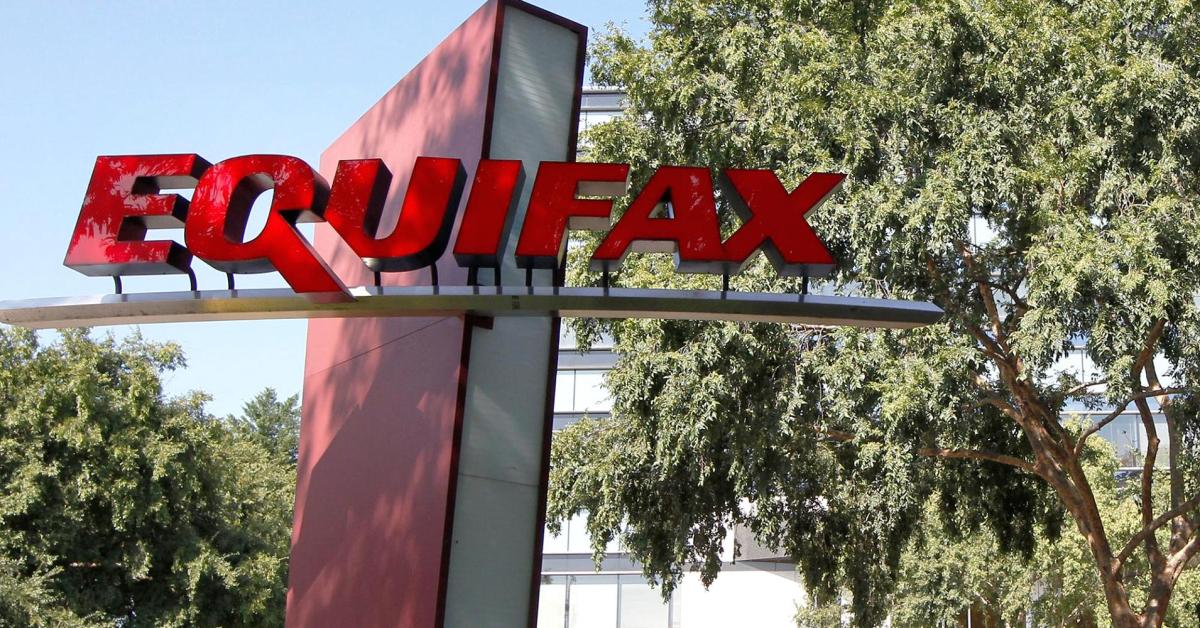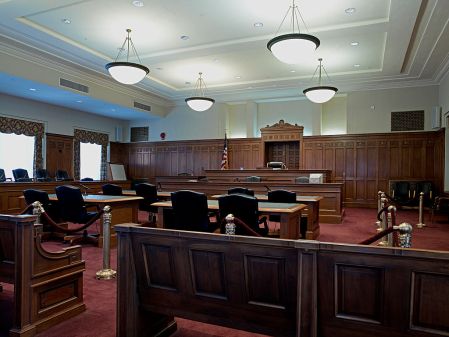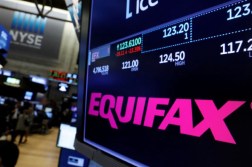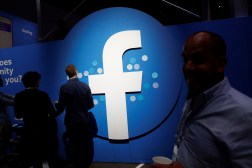Consumer watchdog says Equifax settlement ‘flunks’ fairness test

As a court weighs the proposed class action settlement stemming from Equifax’s 2017 data breach, an independent legal watchdog is saying the agreement fails to treat victims equally.
The nonprofit Center for Class Action Fairness, which advocates on behalf of consumers involved in class action suits, said in a court filing Tuesday the Equifax settlement — which proponents value at $700 million — “flunks” federal requirements for fairness and adequacy.
This is the same agreement that Equifax said would include up to $425 million for customers who were affected by the data breach, which compromised information about 147 million Americans. After suggesting individual customers could be paid up t o $125 under certain conditions or accept free credit monitoring, Equifax introduced new requirements forcing Americans to prove they had credit monitoring in place at the time of the breach, otherwise they would be paid nothing.
The terms of the deal could result in Americans receiving just cents, rather than the $125 they would expect, legal observers have warned.
The Center for Class Action Fairness contends the agreement fails to account for key differences between states. Lumping plaintiffs from Utah, where they could be entitled to $2,000 in damages, in with residents from Washington, where the ceiling is $1,500, and New York, $50, is inherently unfair, the CCAF argues.
“This settlement flunks basic … fairness requirements designed to protect absent class members because it creates a single class despite fundamental intraclass conflicts between subgroups,” the objection says. “[S]ome class members have valuable statutory-damages claims while others have none, yet all receive the same benefits under the settlement.”
Equifax agreed to the settlement with the U.S. Federal Trade Commission, the Consumer Financial Protection Bureau and most state attorneys general in July. The deal was the largest class action settlement resulting from a data breach in U.S. history, though it is not scheduled to be finalized until Dec. 19.
A fight over lawyer fees
The legal watchdog also claims that consumers’ attorneys’ request for $77.5 million in legal fees is too high.
CCAF argued attorneys inflated their fees by basing their payouts on a “completely fictional” expected cash fund of $380.5 million. Instead of $77.5 million, the watchdog group wrote, attorneys should be paid closer to $16 million. Lawyers for consumers in class action suits stemming from breaches at the health insurer Anthem and Yahoo were paid $31 million and $30 million, respectively, according to Law.com.
Final approval from the judge in the Northern District of Georgia is not a certainty, the legal expert Alison Frankel wrote in a Reuters column. CCAF’s argument against combining customers from multiple jurisdictions into the same category has precedent.
“In 2017, the group challenged approval of Target’s data breach class action settlement at the 8th Circuit, highlighting the trial court’s failure to analyze whether the settlement properly addressed potential conflicts between class members who had experienced identity theft or other tangible consequences of the breach and those who had not,” Frankel wrote Tuesday. “The 8th Circuit remanded the case for additional analysis.”
CCAF’s objection is available in full below.
[documentcloud url=”http://www.documentcloud.org/documents/6554304-EquifaxObjection.html” responsive=true]





